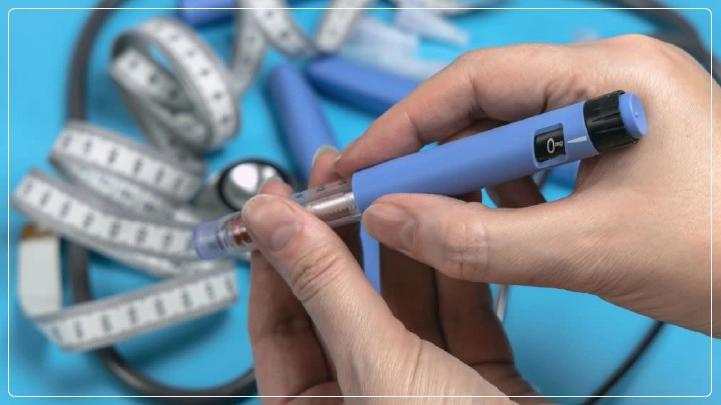February 2025
The U.S. FDA has proffered its approval for Merilog, the first biosimilar to reference Novolog for treating type 2 diabetes in adults and children. This signifies a herculean step toward widening the accessibility of insulin, which remains an important constituent in diabetes therapy. Merilog is one of three biosimilar insulin products in the marketplace in the U.S. healthcare system, along with Semglee and Rezvoglar, which were approved for insulin glargine. Peter Stein, MD, director of the FDA Office of New Drugs in the Center for Drug Evaluation and Research, stressed the need to facilitate the efficient approval of biosimilars as a means to encourage market competition and provide alternatives to expensive treatment options like insulin.

Insulin aspart is a rapid-acting human-insulin analog intended for use in the amelioration of postprandial blood glucose elevations in persons with type 2 diabetes. It is available in the following two different dosage forms: 3 mL single-patient-use pen and 10-mL multiple-dose vials. Diabetes affects more than 38 million people in America, of which 8.4 million are on insulin therapy. Nonetheless, insulin is very expensive so a good number of patients have to ration the use of their supply. In the FDA's mind, biosimilars are going to be critical in meeting this challenge by providing a quick-acting injection of insulin.
Merilog, which treats type 1 or 2 diabetes, was recently approved by the FDA based on the phase 3 GEMELLI 1 study, where it was evaluated for efficacy, safety, and immunogenicity against Novolog in 597 subjects. Among others, some of the significant findings include that after 26 weeks, Merilog would have reduced HbA1c almost as much as Novolog with no significant difference in blood sugar control. Apart from this, no difference in the fasting plasma glucose, postprandial glucose excursions, and required adjustment of the insulin doses was noted between the treatment groups. Hence, these findings confirm both the effectiveness and safety of Merilog, which can be a promising alternative for diabetes treatment.
Merilog is injected under the skin for glucose control, given just before eating in the abdomen, buttocks, thighs, or upper arms. The dose is individually adjusted to meet the special needs of the patients. Some of the more common side effects include injection site reactions, itchiness, rash, weight gain, swelling, and lipodystrophy. Serious side effects are hypoglycemia, severe allergic reactions, and hypokalemia. Patients should consult with their healthcare providers regarding their specific treatment plan and monitoring during their time using Merilog; therefore, proper consultations with healthcare providers for monitoring and treatment plans are advised.
The FDA has permitted the first biosimilar insulin, Merilog, as a step towards making insulin more affordable and accessible within the U.S. healthcare system. This could drive down costs and increase treatment availability for millions of people suffering from diabetes. The FDA is also taking steps to simplify the approval process for filing a biosimilar in support of its commitment to allow cost-effective substitutes for high-priced biological products. With innovation and regulatory support, continued entry of biosimilars could enhance competition and affordability in the insulin market and thus relieve some of the costs of managing diabetes without compromising high-quality care.
February 2025
February 2025
February 2025
February 2025